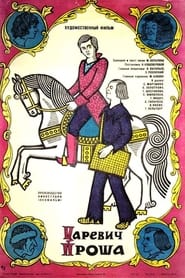detail profile yury shepelev
Peran Yang Di Mainkan Yury Shepelev
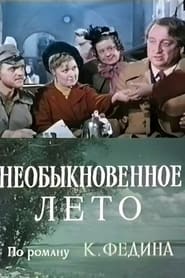 About life in the Russian city...
About life in the Russian city...Extraordinary Summer 1979
About life in the Russian city of Saratov in 1919 during the Russian Civil War.
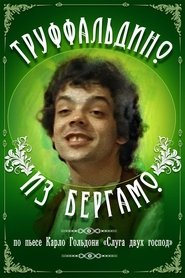 A funny musical comedy based on...
A funny musical comedy based on...Truffaldino from Bergamo 1977
A funny musical comedy based on the famous theater play "Servant of Two Masters" by Carlo Goldoni.
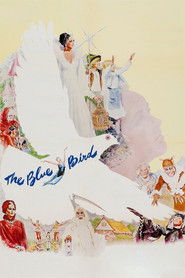 Peasant children Mytyl and Tyltyl are...
Peasant children Mytyl and Tyltyl are...The Blue Bird 1976
Peasant children Mytyl and Tyltyl are led on a magical quest for the fabulous Blue Bird of Happiness by the fairy Berylune. On their journey, they're accompanied by the anthropomorphized presences of a Dog, a Cat, Light, Fire, and Bread, among other entities.
 Kolya Kasatkin who saw in his...
Kolya Kasatkin who saw in his...The Only One 1976
Kolya Kasatkin, who saw in his wife Tanyusha the ideal of female charm, tenderness, kindness, who loved her to the point of oblivion, was at a loss before the idle conversations of well-wishers about his wife's betrayal. Having found his wife with the choir director, Nikolai demanded a divorce. Continuing to love each other, the former spouses are unhappy in separation. Kasatkin's new hasty marriage did not return his peace of mind. In daily agony, in the pursuit of a past life, he also lost his old dream — to live and work in the Far East, where he served in the army. Both realized too late that love does not forgive hasty decisions, that it must be able to keep and protect.
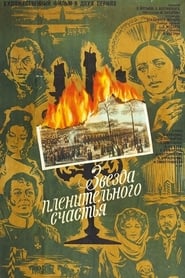 In December 1825 distinguished members of the...
In December 1825 distinguished members of the...The Captivating Star of Happiness 1975
In December 1825, distinguished members of the Russian military, most of whom were quite affluent and of noble lineage, took it upon themselves to stir revolution against the autocratic and tyrannical Czar Nikolai I in the wake of his not honoring the drafting of a constitution for the Russian people. The revolution failed miserably and the conspirators (known as the Decembrists) were weeded out by the czar himself. One by one, each of the conspirators confess and are systematically exiled to the harsh winters of Siberia, slated to work and wither in a prison/mine. The wives of the conspirators are faced with the prospect of leaving the bosom of wealth and family (including their own children) to be with their husbands in the brutal Siberian locale. If they agree to this, they face having their illustrious social stations stripped away and certain disdain from everyone around them...
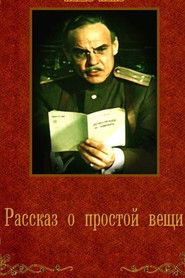 In order to carry out subversive...
In order to carry out subversive...A Story About a Simple Thing 1975
In order to carry out subversive work, the Chekist remains in a city occupied by whites. To do this, he moves into the doctor's apartment a singer, a graduate of the conservatory, who was joyfully welcomed by the doctor's family, and then, after the arrival of the whites, introduces himself as the husband of this singer, a businessman Couturier.
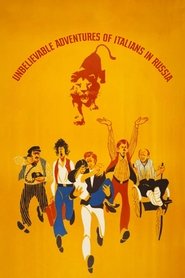 In Italy a dying woman tells...
In Italy a dying woman tells...Unbelievable Adventures of Italians in Russia 1974
In Italy, a dying woman tells her granddaughter that she hid her treasure many years ago in Russia, in the city of Leningrad. Other people (who were around when she died) also learn about it. Thus several people arrive in Leningrad trying to find the treasure, each one for himself/herself. What's worse - the only information they have is that the treasure is under a lion - and it's in Leningrad, a city known by its numerous statues of lions. The story gets even more interesting when the soviet militia (police) learns about the whole thing and send an undercover agent...
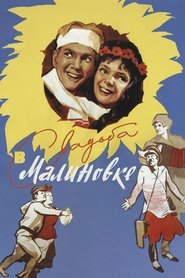 The movie takes place during Russias...
The movie takes place during Russias...Wedding in Malinovka 1967
The movie takes place during Russia's civil war between the Reds (Bolsheviks) and the Whites (Mensheviks). Andrejka and Yarinka are a young betrothed couple in the village of Malinovka, caught between the battle lines. Gritsian is the leader of a Menshevik band who are planning to attack the village. Yarinka appeals to the local Bolshevik commander for his faction's help. The Bolsheviks quickly come up with a plan to save the village... but the plan requires Yarinka to enter into a pretend marriage with Gritsian.
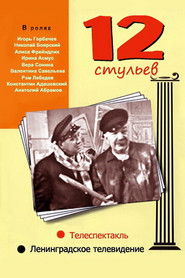 Who was the first to bring...
Who was the first to bring...12 Chairs 1966
Who was the first to bring the great novel "12 Chairs" to the screen? You say "Leonid Gaidai" - and it will be a mistake. In our country, the first director was Alexander Belinsky (Leningrad television, 1966). Filming the favorite books of millions is a difficult task. The audience knows the plot in detail. Winged phrases have long gone to the people. Everyone has their own idea of the main characters. In general, dissatisfied will be sure. So the version of "12 chairs", proposed by Alexander Belinsky, of course, will not suit everyone.
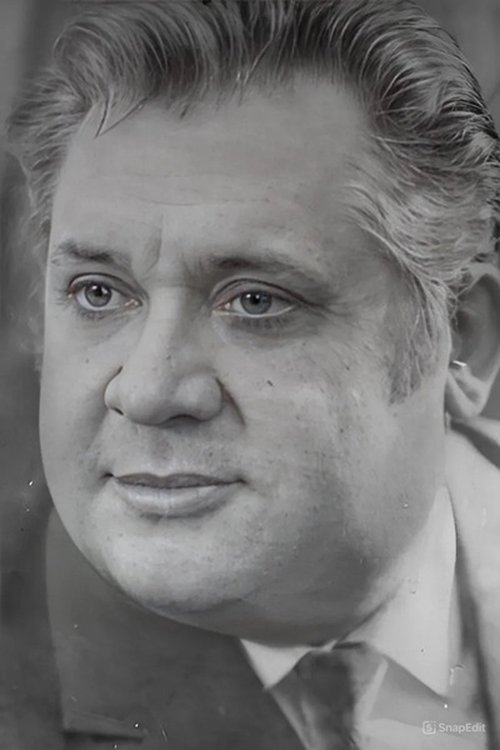
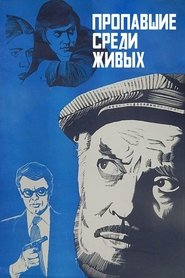 Militia Colonel Kornilov is leading a...
Militia Colonel Kornilov is leading a...
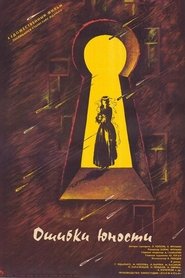 A young guy decides to try...
A young guy decides to try...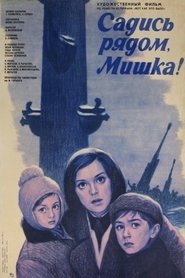 A story of a three friends...
A story of a three friends... The mayor of a village sees...
The mayor of a village sees...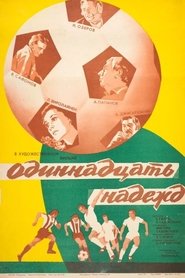 The basis of the film story...
The basis of the film story...